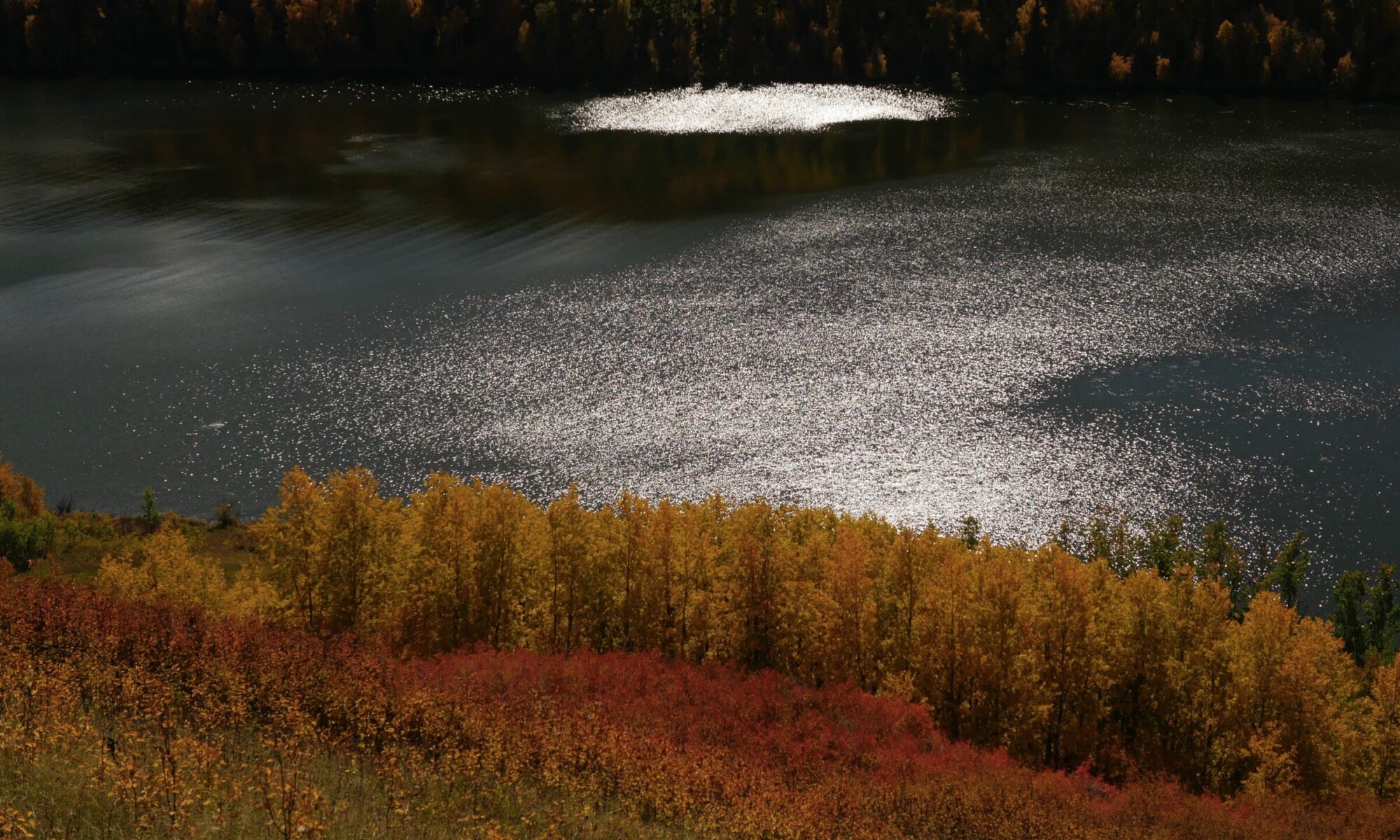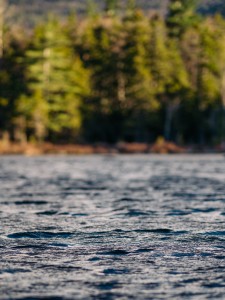Week 1 & 2 – From Fear and Apathy to Active Hope and Love
To expand your engagement with this week’s discussion, gather with others and enjoy one of the 4 following activities. Share your experience by posting on the blog!
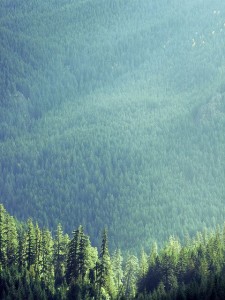 * Gather together and watch Wendell Berry’s Interview with Bill Moyers.
* Gather together and watch Wendell Berry’s Interview with Bill Moyers.
* Gather and walk through your neighbourhood together with intention.
Where is your neighbourhood hurting
Where is your neighbourhood thriving?
What do you imagine for your neighbourhood?
In its fullness, what would it look like? smell like? sound like? feel like?
What is required of you to see its fullness come to fruition?
* On your own or with a group, spend 20 minutes within a natural environment.
5 minutes listening to its sounds
5 minutes observing its details,
5 minutes noticing its smells
5 minutes breathing the air of this place.
What do you know about this place now that you did not know before?
* Gather, having each read one of the readings, and share your reflections with each other.
“The Original Human Vocation” – by Barbara Kingsolver in Hope Beneath Our Feet
First chapter of It All Turns on Affection – by Wendell Berry
“Active Hope in the Midst of Babylonian Captivity” – by Rev Dr. Dittmar Mundel
“Saving the Earth” and “When Strawberry Jam Boom Went Bust” – by Lorne Fitch
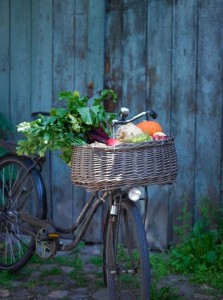 Week 3 & 4 – Re-Valuing Vocation in Land and Food Systems
Week 3 & 4 – Re-Valuing Vocation in Land and Food Systems
To expand your engagement with this week’s discussion, gather with others and enjoy one of the 4 following activities. Share your experience by posting on the blog!
* Gather together and visit a locally-sourced restaurant.
Engage “the whys” and “the hows” with the owners and/or staff of the restaurant.
Vancouver Area: Forage, Fable, Aphrodite’s, The Naam, Raincity Grill.
Victoria Area: Rebar, Apple Café, The Roost
* Gather together and visit a small-scale, agrarian or urban farm.
Engage “the whys” and “the hows” with the owners and/or workers.
Vancouver Area: Getlocalbc.org.
Victoria Area: Islandfarmfresh.com/farms
* Gather together and watch the following 3 videos:
“A Teacher Growing Green in the South Bronx”
Stephen Ritz is a teacher in New York’s South Bronx where he and his kids grow lush gardens for food, greenery — and jobs. Just try to keep up with this New York gem as he spins through the many, many ways there are to grow hope in a neighborhood many have written off, or in your own.
“How we can Eat our Landscapes”
What should a community do with its unused land? Plant food, of course. With energy and humor, Pam Warhurst tells the story of how she and a growing team of volunteers came together to turn plots of unused land into communal vegetable gardens, and to change the narrative of food in their community.
“The Power of Community: How Cuba Survived Peak Oil”
When the Soviet Union collapsed in 1990, Cuba’s economy went into a tailspin. With imports of oil cut by more than half – and food by 80 percent – people were desperate. This film tells of the hardships and struggles as well as the community and creativity of the Cuban people during this difficult time. Cubans share how they transitioned from a highly mechanized, industrial agricultural system to one using organic methods of farming and local, urban gardens. Cuba, the only country that has faced such a crisis – the massive reduction of fossil fuels – is an example of options and hope.
* Gather, having each read one of the readings, and share your reflections with each other.
“Become an Urban Homesteader” – Kelly Coyne & Erik Knutzen
“The Case for Local Food” – Helena Norberg-Hodge
“A Year of Eating Locally” – (listen) An Interview with Barbara Kingsolver
“Think Global, Eat Local” – Helena Norberg-Hodge & Steven Gorelick
—
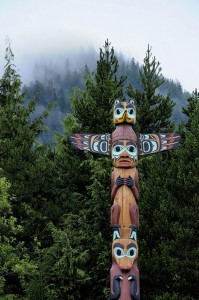 Week 5 & 6 – De-colonization and Indigenous Wisdom
Week 5 & 6 – De-colonization and Indigenous Wisdom
To expand your engagement with this week’s discussion, gather with others and enjoy one of the 3 following activities. Share your experience by posting on the blog!
*Gather your community and do the “The Blanket Exercise: The Indigenous Rights History we’ve never been taught”
The Blanket Exercise is a hands-on way to explore the nation-to-nation relationship with Indigenous peoples in Canada, to work toward reconciliation, and to empower people to build bridges of understanding and respect. Click Here
*Gather with others and visit “ReWilding Vancouver” Museum of Vancouver exhibit.
*Gather with others, having each read one of these readings, and share your reflections:
“Why Canada’s Indigenous Uprising is about All of Us” – Sarah Van Gelder
“Dancing the World into Being” – Naomi Klein with Leanne Betasamosake
“A Five-Hundred-Year Place” in Hope Beneath Our Feet – Jane Hayes
“An Interview with Tseil-Waututh elder Amy George” – Linda Solomon Wood
“The Grandmothers Speak” – Ann Rosencranz and Jyoti
“Meet the Ambassador’s From Canada’s Indigenous Fossil Fuel Resistance” – Kristin Moe
“Non-Indigenous Culture, Implications of a Historical Anomaly” – Derek Rasmussen
“Indigenous Mind” (in Hope Beneath Our Feet) – Kaylynn Sullivan Twotrees
*Gather with others and listen/watch some of the following:
“The Long Standing Prophecy: Idle No More”
“Has Canada’s truth and Reconciliation achieved what it set out to do?” on CBC’s The Current
“America’s Native Prisoners of War” – Aaron Huey
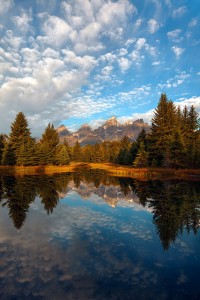 Week 7 & 8 – From Extractivism to a Gift Economy
Week 7 & 8 – From Extractivism to a Gift Economy
*Gather and share your reflections, having each read one of the following:
Sacred Economics – (A full version of the book is free online – a gift from Charles Eisenstein!)
The Idea of a Local Economy – Wendell Berry
Measuring Progress is a Gross Mistake – David Suzuki
The Thorn Tree Resistance – Emilie Teresa Smith (Sojourners Magazine)
Our Starting Place, Our Resting Place – By Carmelle Mohr
Presentation to the Enbridge Northern Gateway JRP – Susan Draper
Can We De-friend Oil?– Andrew Nikiforuk (The Tyee)
Let Us Begin With Courage– Jeannette Armstrong (Dailygood)
*Gather and view some of the following videos
“Sacred Economics”
Transition 2.0”
“Who’s Counting?”
“The Economics of Happiness”
*Gather and view/listen to some living examples of “Giftism” (you might recognize some faces!)
“Radical Possibilities”
“Score! Community Marketplace”
*Gather with others and work through the Bioregional Quiz; discuss your responses and lingering questions.
*Participate in one these upcoming events:
Vancouver: April 24th “The Good Life, the Green Life” PICS Lecture, 580 W Hastings Street (more info: www.goodgreenlife.eventbrite.
Surrey: April 16th “Globalized Soul: Stories from the Tipping Point to a New World” Village Surrey Movie Night, City Centre Library (more info: surreytransitionvillage@gmail.
Victoria: April 25th – 26th “Third Annual Creatively United for the Planet Arts & Sustainability Festival” 835 Humbolt Street (more info: www.
Week 9 & 10 – A Culture and Politics for our Land, Water and Communities
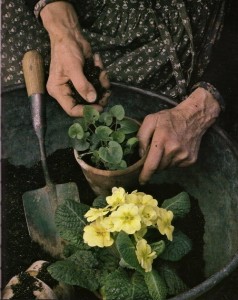 *Gather and share your reflections, having each read one of the following:
*Gather and share your reflections, having each read one of the following:
Think Little – Wendell Berry
Protest Culture, How’s it Working for Us? – Zainab Amadahy
The Art of Our Common Place – Rachel Kaplan, K. Ruby Blume
The World Doesn’t Need to Be Saved – Byron Katie
Climate Change is the Fight of our Lives – Naomi Klein
*Consider Stephanie Syjuco’s Personal Protest project
*Gather and view/listen:
“Fragile Freedoms: The Global Struggle for Human Rights”
An Interview with Vandana Shiva
“Bolivia enshrines Natural World’s rights with equal status for Mother Earth”
Week 11 – The Art of the Commonplace
As we conclude this season together and look upon a new horizon together, some readings and stories to guide us:
It All Turns On Affection – Wendell Berry
“Green Fire: Aldo Leopold and a Land-Ethic for Our Time”
“Fireflies” – The Vinyl Cafe, CBC Radio (00:00 – 10:20)
“An Interview with Martin Keogh – Hope Beneath Our Feet” – Public Radio Exchange
“The Art of Our Common Place” in Urban Homesteading– Rachel Kaplan & Ruby Blume
“Strangely Located Pt 1, Pt 2” – Tim Dutcher-Walls
Sabbaths VI – Wendell Berry
For The Children – Gary Snyder
